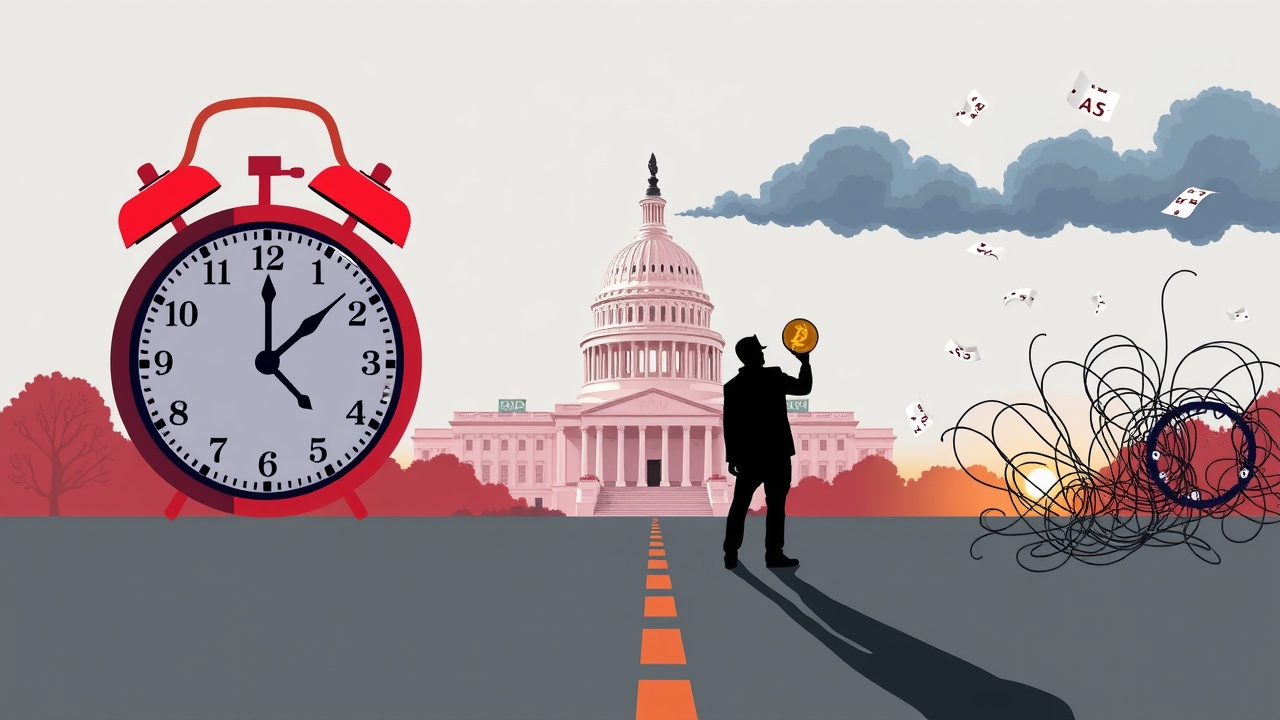Urgency in Cryptocurrency Legislation
In the United States, the window to implement crucial legislation pertaining to cryptocurrency is quickly closing, posing risks for the industry’s future if action is delayed. Marta Belcher, who leads both the Blockchain Association and the Filecoin Foundation, recently spoke on Cointelegraph’s Decentralize podcast, underscoring the need for prompt legislative action. She cautioned that the impending 2026 election cycle could potentially stall further progress in this space.
Importance of Timely Action
Belcher particularly pointed to the urgency of establishing laws that define essential elements of the cryptocurrency sphere before the year concludes, citing a climate of uncertainty following the midterm elections. This uncertainty has the potential to either bolster or hinder the progression of the sector.
“Reflecting on the challenges faced during the previous administration, marked by strict regulatory scrutiny from the Securities and Exchange Commission (SEC) and legal actions targeting significant digital assets, she noted the negative consequences had been significant enough to drive many projects overseas.”
However, she expressed optimism that proactive legislation could reverse this trend and encourage operations to remain within U.S. borders.
Current Legislative Landscape
Currently, Congress is in the process of considering both stablecoin legislation and broader market regulations, with an imminent vote on stablecoins expected. Despite this, Belcher warned that stakeholders should not depend heavily on legislative moves after the summer, as congressional agendas can be unpredictable. She is advocating for swift passage of a clear legal framework this year, which could offer a compliance pathway that many crypto enterprises are eagerly awaiting.
“Belcher affirmed the industry’s readiness to adhere to regulations, provided that they are transparently laid out.”
She recognized the importance of collective effort among industry players to create a compromise solution, even if the resulting legislation is not flawless, as unified action is vital for advancement.




